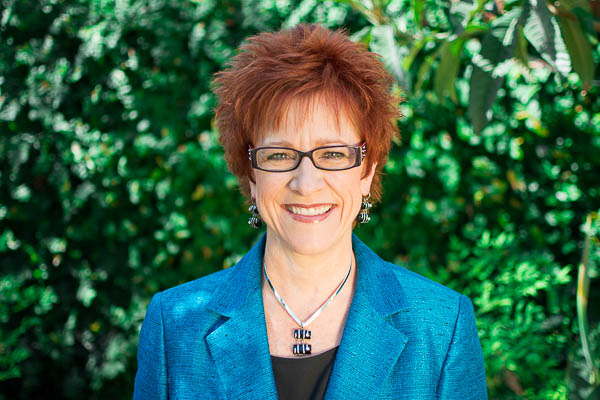Here are some tough statements that family members can hear at an Alzheimer’s or dementia care conference for their loved one (who might be residing in assisted living, memory care or skilled nursing care):
- She can’t direct her own care…
- Is regularly disoriented…
- Needs full help with bathing and dressing…
- She can become frustrated…
- Can be resistant to care…
- Does not always remember to use her walker…
It can proceed into an in-depth conversation about the ability of your loved one’s communication:
- She is not very verbal…
- She has improved in the last four months from not speaking at all (because she was still coming off of the psychotropic medications) to being a little more verbal.
- The staff has to use phrases or questions that are seven words or less to create less confusion for her.
- The staffs’ goal is to elicit a “yes” or “no” response, so she can make choices.
Then a group discussion can proceed about who she can still recognize and if she can still call anyone by name (this is tough one):
- Does she recognize you?
- She thinks her daughter is her sister.
How much food is or is not consumed?
Our family has experienced witnessing continual weight loss of my mother-in-law for 10 months. She is eating 50% of her food, but can pop out of her chair and start wandering sporadically while dining. She walks almost continually. The staff have problem solved this by feeding her in the country kitchen instead of the dining room to increase her food intake.
What should you ask in a care conference? Don’t be intimidated; no one knows your loved one better than you. Be his or her advocate to the best of your ability.
- Find out exactly what medication they take and why. Sometimes they were given a medication like a psychotropic in the hospital and no one is paying attention to the fact it is not necessary anymore.
- How much exercise or movement do they experience? Staying mobile is important.
- Inquire about live entertainment. Your loved one may be refusing to go to live entertainment and you know they love music. The only reason they may be refusing is because they can’t HEAR the caregiver asking them to go. Maybe the caregiver needs to speak up or…
- Ask about music therapy. It can be very affective for dementia and Alzheimer’s. If they tried it once and it was refused, try again. Every day is a new day. Seniors with dementia (such as my mom) can be more receptive and oriented in the morning.
- How much food do they eat? Maybe they are not eating because they have lost teeth (this happened to my mom)? Food adjustments can be made.
Is there anyone else out there dealing with a parent who has dementia? It is not easy. What tips can you share?
Diane Masson advocated for her mom who had dementia for nine years and her mother-in-law currently lives in a memory care community. Diane writes a Tips2Seniors blog every week and published a book to take the guess work out selecting senior housing before, during or after a health care crisis, “Your Senior Housing Options.” She has worked in senior housing for 17 years and her first book, “Senior Housing Marketing – How to Increase Your Occupancy and Stay Full,” is helping senior housing professionals on a nationwide basis.



